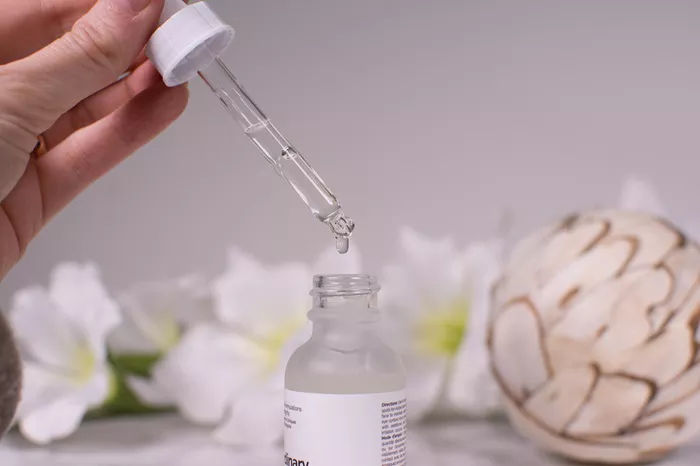Salicylic acid, a common ingredient in acne treatments, is celebrated for its ability to penetrate clogged pores due to its lipophilic nature. This characteristic makes it effective in reducing the occurrence of spots, blackheads, and other forms of skin congestion. However, it’s important to note that skincare solutions are not universally effective, and salicylic acid may not be suitable for everyone.
Pam Marshall, Clinical Aesthetician at Mortar and Milk, highlights that salicylic acid can sometimes lead to adverse reactions. “Not everyone can tolerate salicylic acid,” Marshall explains. “It can irritate the skin, and some individuals, including myself, are allergic to it. In my case, it actually causes breakouts rather than reducing them.”
Similarly, facialist Tarryn Warren has observed numerous clients experiencing negative effects from salicylic acid. In an interview, she outlined several potential issues, including skin irritation characterized by redness, burning, stinging, or excessive dryness. Additionally, some users may experience increased sensitivity to the sun or other products, a compromised skin barrier leading to more breakouts, and severe irritation that can resemble chemical burns in extreme cases.
For those who suspect that salicylic acid might not be compatible with their skin, Warren recommends a cautious approach. Begin by using the product infrequently, such as a few times a week, and gradually increase usage as tolerated. It is also advisable to use products with lower concentrations initially, maintain hydration to support the skin barrier, and apply broad-spectrum sunscreen daily to protect against UV damage. Consulting with a dermatologist can also provide personalized guidance.
If these measures do not alleviate the issues, it might be necessary to eliminate salicylic acid from your skincare routine entirely. Pam Marshall, who eventually ceased using salicylic acid, notes that for some individuals, even trace amounts of the ingredient can cause significant problems. In response to her own adverse reactions, award-winning actress Sharon Maughan founded FaceWise, a skincare line free of salicylic acid. Maughan created this range to offer an alternative for those who need to avoid salicylic acid entirely.
Marshall also suggests trying mandelic acid as an alternative for those still struggling with acne but needing to avoid salicylic acid. Mandelic acid is generally less irritating and might be a suitable option for individuals with sensitive skin.
Related topic:
Do freckles turn into age spots?
What is microdermabrasion for acne?
How do I increase collagen in my face?


